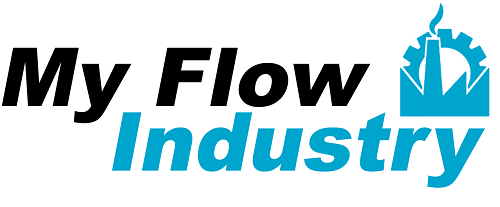
Industrial steam emergency boilers are large, industrial-grade boilers that are used to generate steam for a variety of industrial processes. They are typically made of steel and are powered by natural gas, propane, or fuel oil. The steam generated by these boilers can be used for a wide range of applications, such as powering turbines for electricity generation, heating buildings and industrial facilities, sterilizing equipment and food products, and more.
Some key factors to consider when choosing an industrial steam boiler include the steam output required, the fuel source, and the regulatory requirements for the industry and location. Regular maintenance and inspections are essential to ensure the safe and efficient operation of industrial steam boilers. Tomlinson Energy explains industrial steam boilers in greater detail.
What Are Industrial Steam Boilers?
Industrial steam boilers are large, industrial-grade boilers that are used to generate steam for a variety of industrial processes. They are typically made of steel and are powered by natural gas, propane, or fuel oil. The steam generated by these boilers can be used for a wide range of applications, such as powering turbines for electricity generation, heating buildings and industrial facilities, sterilizing equipment and food products, and more.
The most common type of industrial steam boiler is the fire-tube boiler, which is characterized by a large cylindrical shell that contains a series of tubes. Hot gases from the burner pass through these tubes, heating the water in the surrounding shell to create steam. Another type of industrial steam boiler is the water-tube boiler, which is characterized by a smaller, vertical design and the use of small-diameter tubes that are surrounded by water.
There are also other variations of industrial steam boilers like package boilers, field-erected boilers, and waste heat recovery boilers. They can be used in different industrial processes like in power plants, refineries, chemical plants, food processing, paper mills and more.
Industrial steam boilers are complex systems that require regular maintenance and inspections to ensure they are operating safely and efficiently. It is important to have trained professionals who understand the safety and operational aspects of these boilers.
How Does Industrial Steam Boilers Work?
Industrial steam boilers are devices that are used to generate steam for various industrial processes and applications. They work by heating water to its boiling point, at which point it turns into steam. The steam can then be used to power turbines, which in turn generate electricity, or it can be used directly for heating, cleaning, and other industrial processes.
The heat source for the steam can be from burning fossil fuels such as coal, oil, or natural gas, or it can be from nuclear reactions or renewable sources such as solar or geothermal energy.
The steam boiler consists of a pressure vessel in which the water is heated, a burner or other heat source, a control system, and various safety devices to prevent overpressure or overheating.
What Is The Most Common Type Of Industrial Steam Boiler?
The most common types of industrial steam boilers are fire-tube boilers and water-tube boilers.
- Fire-tube boilers are boilers in which the combustion gasses pass through the tubes, which are surrounded by water.
- Water-tube boilers are boilers in which the water flows through the tubes, which are surrounded by combustion gasses.
Both types are used in a variety of industrial applications, such as power generation and process heating.
The most common types of industrial steam boilers include water-tube boilers, fire-tube boilers, and package boilers. Water-tube boilers use water that is circulated through tubes to transfer heat and generate steam, while fire-tube boilers use hot gasses from a combustion process to generate steam. Package boilers are pre-assembled and typically used for smaller industrial applications. These boilers are fueled by various means, including natural gas, coal, oil, and biomass. Proper maintenance is crucial for industrial steam boilers to ensure safe and efficient operation.
In summary, industrial steam boilers are essential components of any industrial process. They provide the steam and energy needed to run factories and plants, and are the main source of energy for many industries. It is important to understand the different types of boilers and their features, as well as their various safety features and maintenance requirements. With the right knowledge and experience, industrial steam boilers can provide a valuable source of energy and steam for many years to come.
